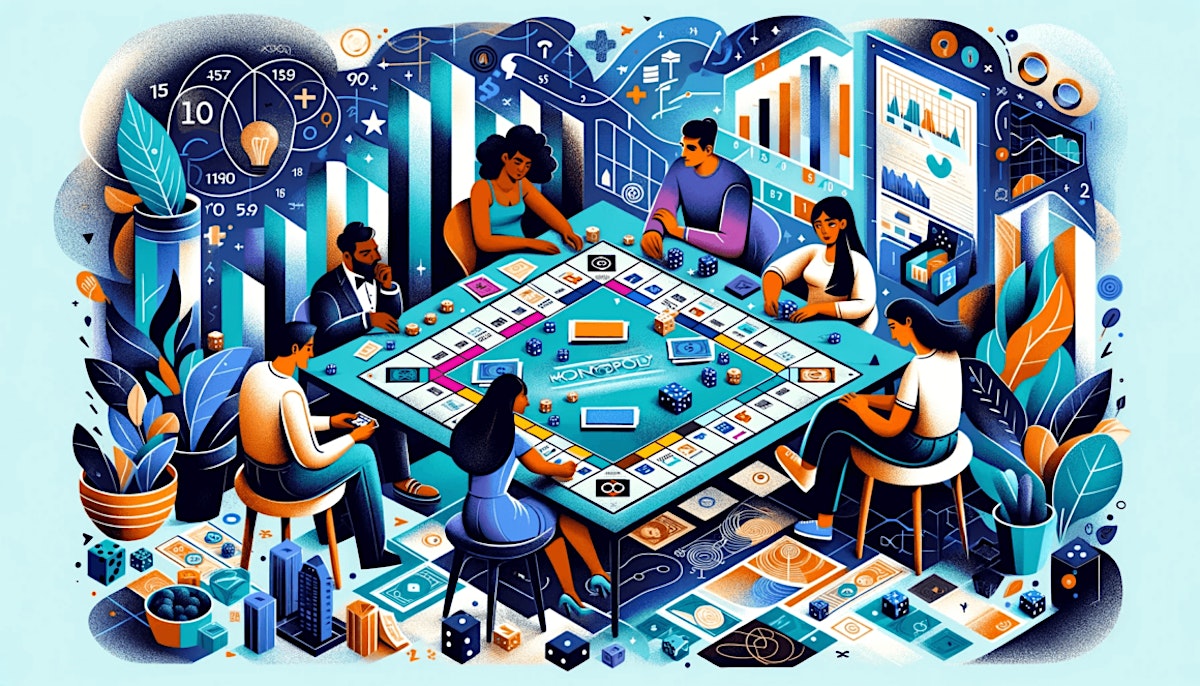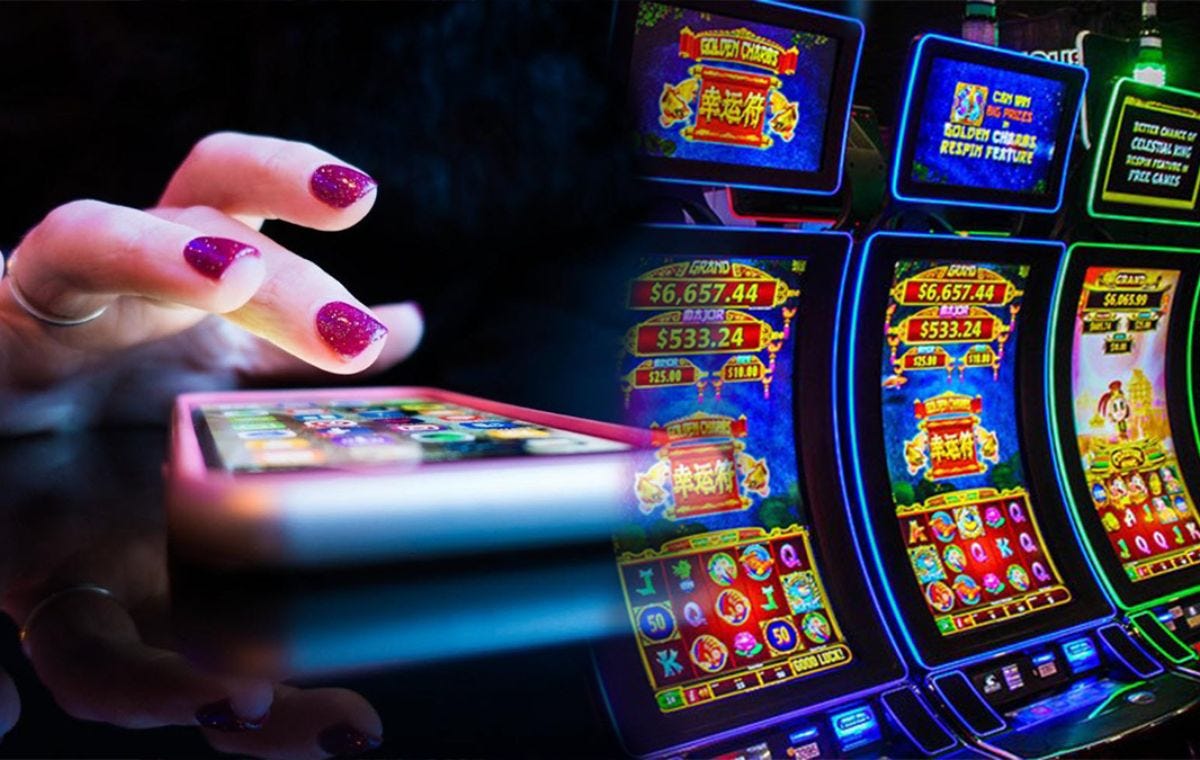The Evolution of Group Fun Beyond Board Games

Remember those epic Monopoly sessions that stretched until 2 AM? The ones where someone inevitably flipped the board when they landed on Boardwalk with a hotel? Yeah, those were… something. Fast-forward to last weekend when a group tackled one of those mystery rooms instead. Nobody threw anything, nobody accused anyone of cheating, and everyone actually wanted to hang out afterwards.
This shift away from the “destroy your friendships over fake money” approach is happening everywhere. Calgary escape rooms and similar venues are popping up because people crave experiences that bring them together instead of turning them into sworn enemies for an entire evening.
1. Working Together Beats Plotting Against Each Other
Here’s the thing about traditional board games: somebody always ends up feeling terrible. Either you’re the person who crushed everyone and feels awkward, or you got crushed and want to go home early. Not exactly a recipe for fun.
The newer stuff flips this completely. Everyone’s on the same team, cracking codes together. If someone’s not great at logic puzzles, maybe they’re amazing at spotting details everyone else missed. The tech creates moments that wouldn’t be possible with dice and game pieces.
Plus, there’s something genuinely satisfying about the collective “OHHHHH!” when the hidden door slides open. Way better than bankrupting your brother-in-law at Monopoly.
2. Technology Makes Everything More Interesting
Remember when Electronic Battleship was peak game technology? Now we’ve got rooms where touching the wrong book triggers secret passages, or scanning QR codes reveals clues on your phone. It’s like being inside a movie instead of staring at cardboard.
The digital stuff doesn’t replace human interaction – it amplifies it. Picture everyone crowding around someone’s phone trying to decode a message, or working together to figure out which combination opens the locked drawer.
3. Getting Out of the House Changes Everything
There’s something about specially designed spaces that hits differently than sitting around the kitchen table. Maybe it’s the dramatic lighting, or the fact that everything serves a purpose. Or maybe it’s just nice being somewhere without laundry staring at you from the corner.
These spaces eliminate distractions, too. No phone checking, no snack runs every five minutes. You’re fully committed to the experience, making it way more engaging.
4. Nobody Has Four Hours Anymore
Adult schedules are brutal. Between work, kids, and maintaining basic hygiene, finding time for fun feels impossible. Modern group activities respect your time – when you book an hour, it actually takes an hour.
No “just one more turn” stretching into infinity. No house rule debates are eating up half the evening. You show up, have a blast, and get home in time to deal with whatever chaos awaits. This predictability is a game-changer for planning.
5. Everyone Gets to Be Good at Something
Traditional board games favor one thinking type. Not naturally strategic? Tough luck – you’re probably losing and feeling bad about it. Modern experiences are smarter, offering math puzzles, creative challenges, pattern recognition, and physical tasks.
The quiet person who never speaks up during Trivial Pursuit might spot the crucial detail that breaks the whole case. Mixed groups work better because everyone contributes something valuable instead of watching the “game person” dominate.
The Bottom Line
This move from traditional board games to collaborative, tech-enhanced experiences represents groups saying, “We want fun together, not despite each other.” These approaches solve real problems: time constraints, varying abilities, and the fact that most adults prefer building something together over tearing each other down.
After years of Monopoly-induced family drama, that sounds pretty refreshing.



